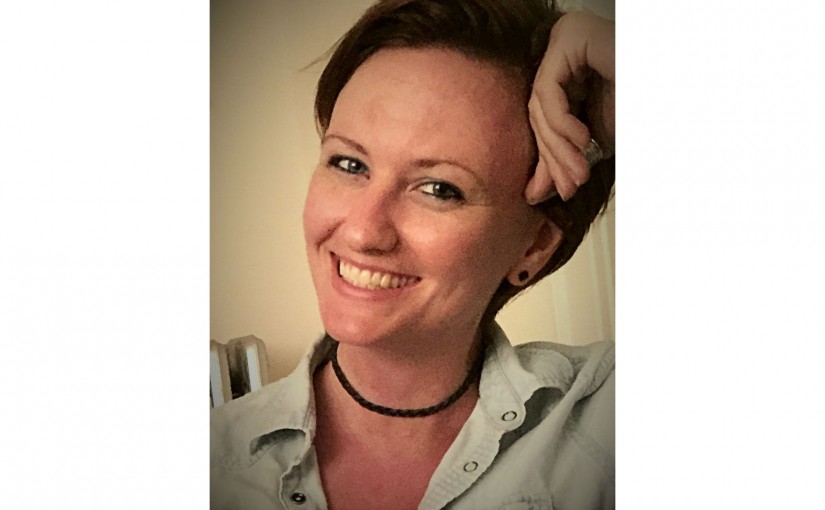As my career transitions from graduate study within the academy towards public engagement, I’m exploring what it means to be a young academic in today’s digital world. What does it mean to stay relevant in both research and teaching, and how do I do that in ways that are (hopefully) personally fulfilling as well? The humanities’ “digital turn” is a development that my generation ignores at its own risk, but one that is particularly empowering of medievalists, should they chose to embrace it. Digitizing valuable materials like books and museum objects has the potential to reinvigorate curiosity—among learners at all levels—in the premodern period through more easily accessible and more interactive engagement. For me, learning the digital tools to realize that potential for MOL’s Objects—and helping to make the curatorial decisions necessitated by using those tools—continues to be immensely rewarding.
My past research has focused on the transmission of ideas—mostly mathematical, astronomical, and cosmological knowledge—but I have found it difficult to represent that transmission in a way that would be easily understandable to a nonspecialist audience. At the same time, I have maintained an interest in food history and commodities networks, fields where scholars readily discuss not just the spread of, say, nutmeg or oranges, but also the types of cooking which accompany those ingredients—that is, they look at the cultural-intellectual baggage an object carries with it as it travels. Working with the MOL team encourages me to think even more creatively about the ways objects (especially everyday objects) represent the transmission of ideas, and, perhaps more importantly, to represent the transmission process in a format which is easy to intuit. The questions I have confronted in my time on the MOL team have forced me to confront questions of (non)narrative in my own research, to familiarize myself with innovative methods to analyze “knowledge,” and introduced me to tools with which I can present my findings to a wider audience than I would otherwise be able to.
But what I enjoy most about MOL is that it is pedagogical at heart, and transmits our collective passion into learning environments in ways that are stimulating for students. At various points in the past 16 years I have been a classroom teacher, small-group instructor, and one-on-one tutor—and the effects of a “good” lesson never ceases to amaze me. “History” is too often perceived as tantamount to certain, comprehensive knowledge about a time, place, or topic, which can make learning (and teaching) history… well, boring. But professional historians don’t have all the answers, and research is driven by a tension between our best guesses and information we stumble upon while following our own curiosity. In presenting Object Biographies as a series of questions, MOL aims to transmit some of that excitement—the thrill of discovery, the exhilaration of suggesting a new interpretation—into the classroom, or wherever else you happen to be learning.
